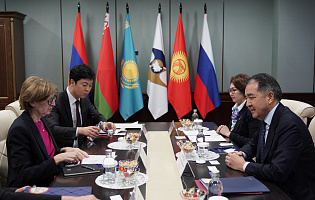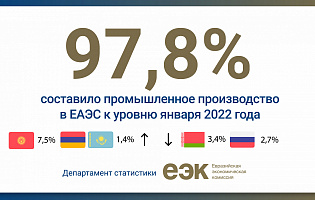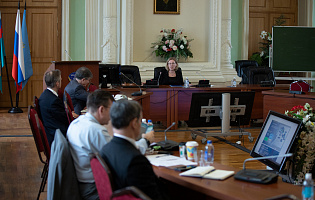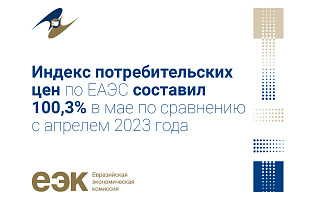- The Chairman of the Board,The Eurasian Economic Commission
- Integration and Macroeconomics
- Economy and financial policy
- Industry and Agriculture
- Trade
- Technical regulation
- Customs cooperation
- Energy and Infrastructure
- Competition and Antitrust regulation
- Internal Markets, Information Support, Information & Communication Technologies
Please, specify dates for which you wish to view the news, in “dd.mm.yyyy.” format, e.g. 01.01.2017
Search results: 6397

Display more








